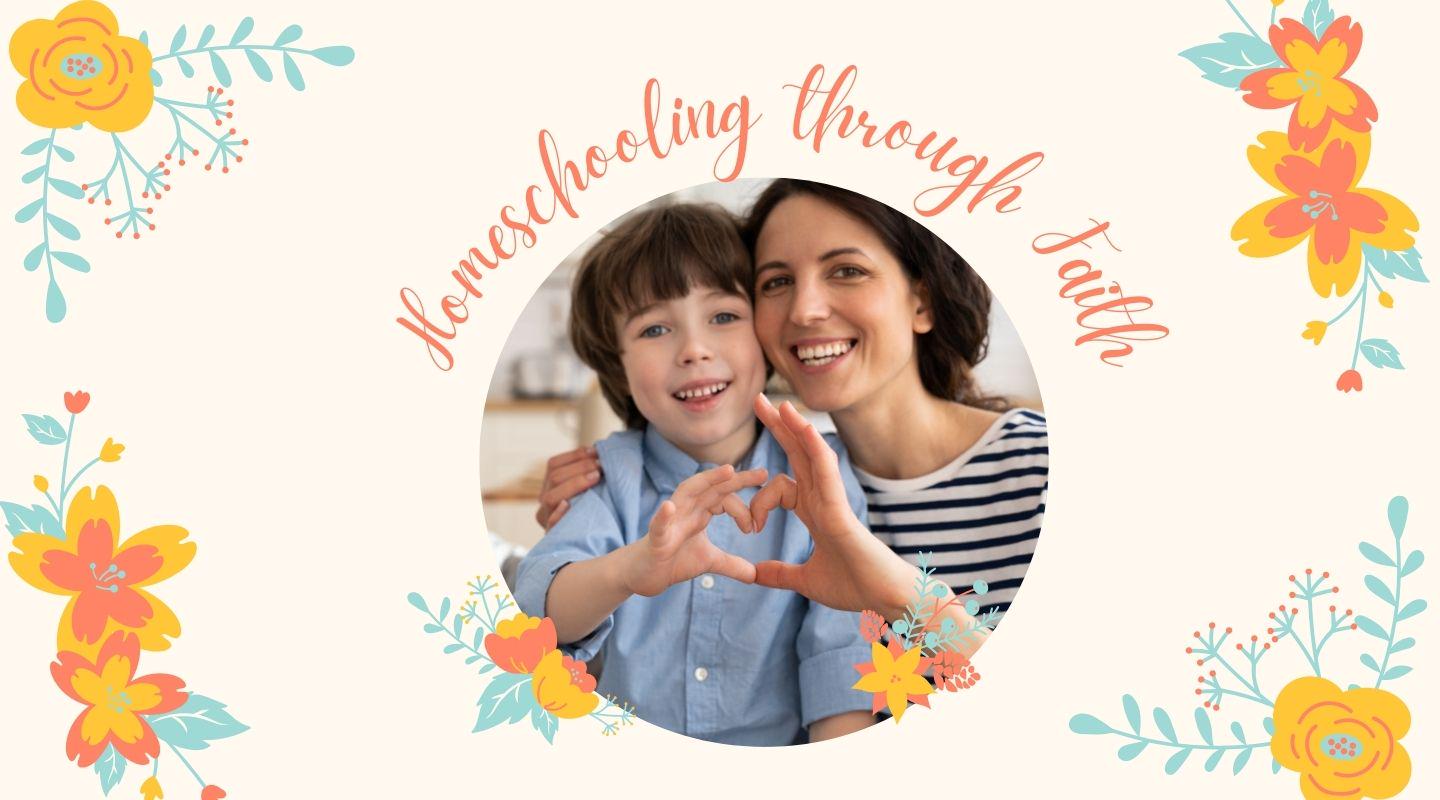Why Faith Matters in Homeschooling
One of the biggest reasons I chose to homeschool is because I wanted more than academics for my children—I wanted their hearts to be shaped by truth, character, and a deep relationship with God. While math, reading, and science are all important, faith is the foundation that gives meaning to everything else we teach. When we weave faith into homeschooling, we’re not just filling their minds with knowledge—we’re nurturing their souls. And that is a beautiful gift we get to give our children.
Faith Brings Purpose to Learning
When kids learn about history, they don’t just memorize dates—they see God’s hand moving through time. When they study science, they don’t just learn facts about plants or the stars—they marvel at God’s creation. Faith turns learning into worship, helping our kids understand that education isn’t separate from God; it points back to Him.
Faith Builds Character and Values
Books can teach reading, but faith teaches kindness, patience, and forgiveness. By including scripture, prayer, and biblical lessons in our homeschool, we help our kids develop a moral compass rooted in something greater than themselves. It’s not just about teaching what is right, but also why it matters.
Faith Creates a Strong Family Bond
Homeschooling gives us the incredible opportunity to start our mornings in prayer, memorize Bible verses together, and talk about how faith applies in everyday life. These little moments add up—they build traditions, strengthen family connections, and remind us that we’re walking this journey side by side, with God leading the way.
Faith Prepares Kids for the Future
The world can be confusing and often pulls children in so many directions. By grounding their education in faith, we’re giving them the tools to stand firm when challenges come. They’ll have not just knowledge, but wisdom. Not just skills, but discernment. Not just confidence, but hope.
Simple Ways to Add Faith into Your Homeschool
- Start the day with a short devotional or Bible verse.
- Memorize scripture as part of language learning.
- Use stories from the Bible in history or reading lessons.
- Pause to pray together when struggles arise (math frustrations included!).
- Encourage journaling thoughts, prayers, or gratitude lists.
Final Thoughts
At the end of the day, homeschooling is about more than raising smart kids—it’s about raising faithful, kind, resilient children who know whose they are. By including faith in your homeschool, you’re not just teaching your kids how to succeed in this world; you’re guiding them toward a relationship with God that will sustain them for a lifetime. So let’s keep teaching the ABCs and 123s, but let’s also make room for scripture, prayer, and the gentle guidance of the Spirit in our homeschool days. That’s the true harmony we’re after.
With encouragement,
Your friend at Harmonious Homeschool

